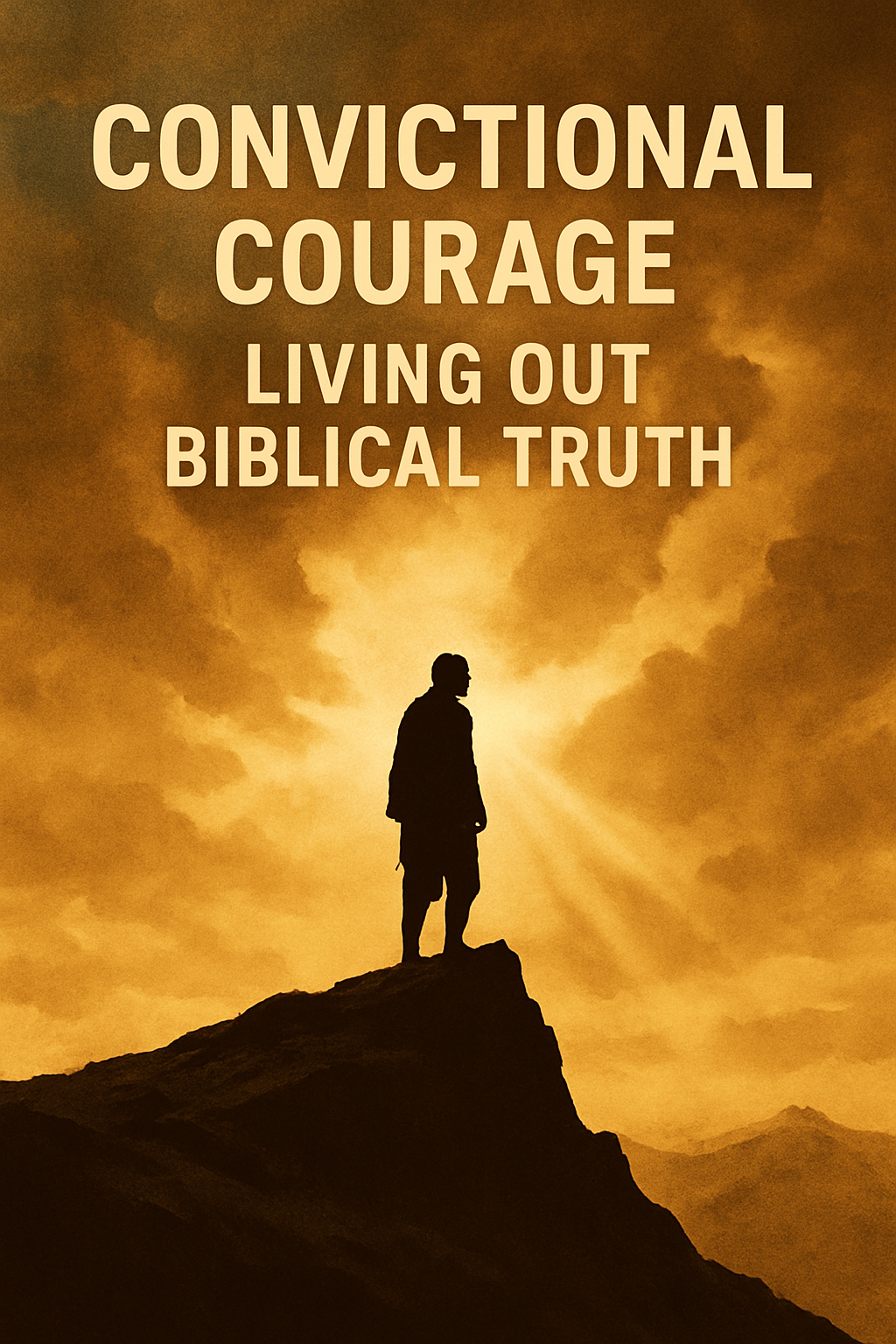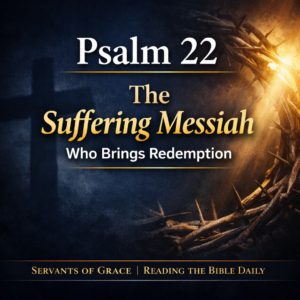⏱️ Estimated Reading Time: 5 min read
Convictional Courage: How Truth Shapes Our Lives by Dave Jenkins
Introduction: A Moment That Demands Conviction
We live in a time when courage is applauded—until it’s biblical. Consider the case of Jack Phillips, a Christian baker in Colorado who has spent over a decade in court for declining to create cakes that violate his biblical beliefs. He hasn’t been hostile—just faithful. Yet in our culture, conviction is now labeled divisive, truth is treated like a threat, and compassion is redefined to mean compromise. In this climate, we need more than passion—we need principled courage rooted in truth.
This article is part of the Scripture for Life series—a resource collection dedicated to applying the clarity, sufficiency, and authority of God’s Word to everyday life and discipleship.
Courage without conviction is cowardice. Compassion without truth isn’t love—it’s apathy, compromise, and worldliness. Biblical truth forms our convictions, our convictions shape our worldview, and our worldview fuels how we live—in every stage and sphere of life.
This is not a call to be loud, angry, or reactionary. It’s a call to be faithful—to stand firm, speak clearly, and live biblically. For apologists, pastors, parents, and all who disciple others, this is essential.
1. Courage Without Conviction Is Cowardice
Many today are bold—but not biblical. They confuse emotional expression with godly conviction. Courage without truth becomes noise—or worse, enables error.
Consider Pilate. He had the power to release Christ, but not the conviction to do what was right. Fear of man silenced him. That’s not courage. That’s compromise.
Church history is filled with examples of courageous conviction. Athanasius stood “contra mundum” (against the world) to defend the deity of Christ. Martin Luther stood before emperors and councils to declare, “My conscience is captive to the Word of God.”
Apologists must ground confrontation in conviction. Parents must anchor tone and teaching in God’s Word, not cultural winds.
2. Compassion Without Truth Isn’t Love—It’s Apathy
Biblical love never abandons truth. Jesus was “full of grace and truth” (John 1:14). Affirmation without truth is not love—it’s harm disguised as help.
Today’s “compassion” often excuses sin in the name of peace. But peace without truth is not biblical—it’s appeasement. Real compassion calls sin what it is and points to the Savior.
Church history also reminds us that love and truth are inseparable. Augustine didn’t merely contend for doctrinal purity—he did so with a pastoral heart. The Reformers emphasized sola gratia (grace alone) but never at the expense of sola Scriptura (Scripture alone).
3. Biblical Truth Forms Our Convictions
Conviction doesn’t emerge from emotion or experience. It’s formed in Scripture. As Paul told Timothy, “All Scripture is breathed out by God… that the man of God may be complete” (2 Timothy 3:16–17).
The apologist must draw from holy writ—not headlines. The pastor and disciple-maker must cultivate conviction in others through faithful, Christ-centered teaching.
The early creeds and confessions were born out of biblical conviction. As the Westminster Confession of Faith declares, “The whole counsel of God…is either expressly set down in Scripture, or by good and necessary consequence may be deduced from Scripture.”
4. Convictions Shape Our Worldview
Everyone has a worldview, but not all are grounded in truth. What we believe about God, man, sin, salvation, and eternity forms the lens through which we see everything else.
The biblical worldview tells one story: creation, fall, redemption, and consummation. Abraham Kuyper famously declared, “There is not a square inch in the whole domain of our human existence over which Christ… does not cry, ‘Mine!’”
Parents—your children are absorbing a worldview, whether you’re shaping it or not. Pastors—your people are being discipled by the world unless you actively shepherd them. Apologists—you are not merely defending doctrine but applying truth to real life.
5. Our Worldview Fuels How We Live
Truth isn’t static. It activates. It drives action.
Our worldview fuels how we speak, parent, serve, lead, and love. It governs how we respond to suffering, temptation, and cultural chaos. The Christian life is a lived-out theology. We see this today in the lives of faithful believers like parents who homeschool their children with biblical foundations, or professionals in secular workplaces who respectfully stand for truth despite pressure to conform.
Apologists are called to speak the truth in love, with gentleness and respect (1 Peter 3:15). Pastors must guard sound doctrine and shepherd boldly (Titus 1:9). Parents are tasked with discipling their children in grace and truth (Deut. 6:6–9). Disciple-makers must multiply faithful followers of Christ (Matt. 28:19–20).
In church history, worldview shaped witness. The early church lived distinctly, not because they followed culture, but because they were transformed by Christ.
Conclusion: Be Courageous—With Conviction
The Church doesn’t need more noise. It needs rooted, courageous clarity. Christians shaped by Scripture, not swayed by sentiment. Truth-tellers who are also grace-givers.
Let’s reject sentimental softness disguised as compassion. Let’s abandon vague niceness in place of biblical clarity. Let’s hold the line—not for argument’s sake, but for Christ’s.
Will you stand? Will you open God’s Word, let it shape your mind and heart, and walk it out—even when it costs you? That’s where conviction becomes courage—and where courage, by God’s grace, becomes a witness to a watching world.
Courage without conviction is cowardice… and our worldview fuels how we live—in every stage and sphere of life.
For Further Study:
📖 Book: The Word Matters by Dave Jenkins



